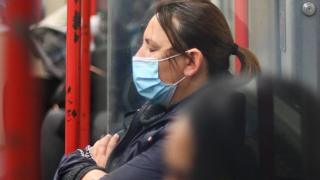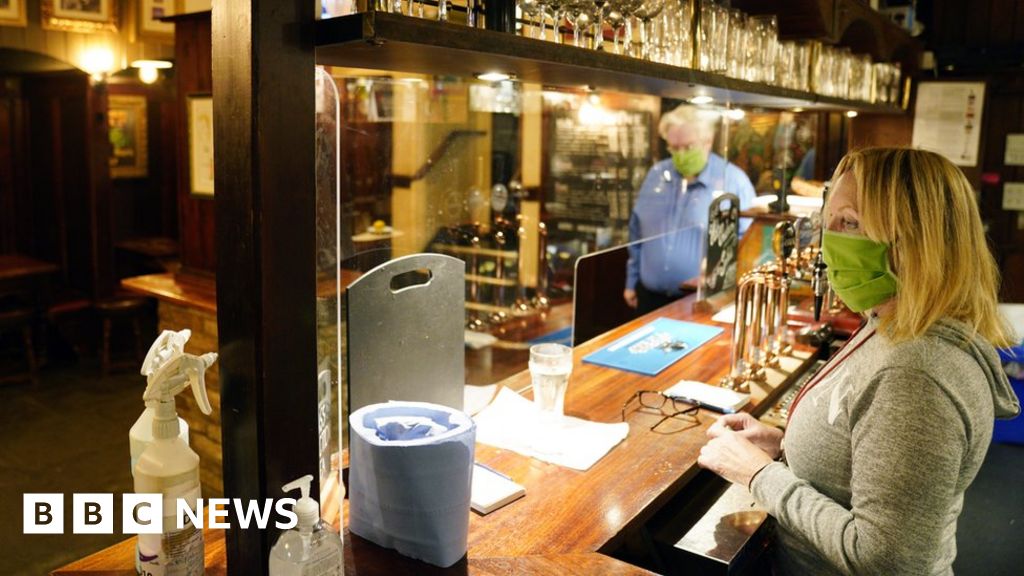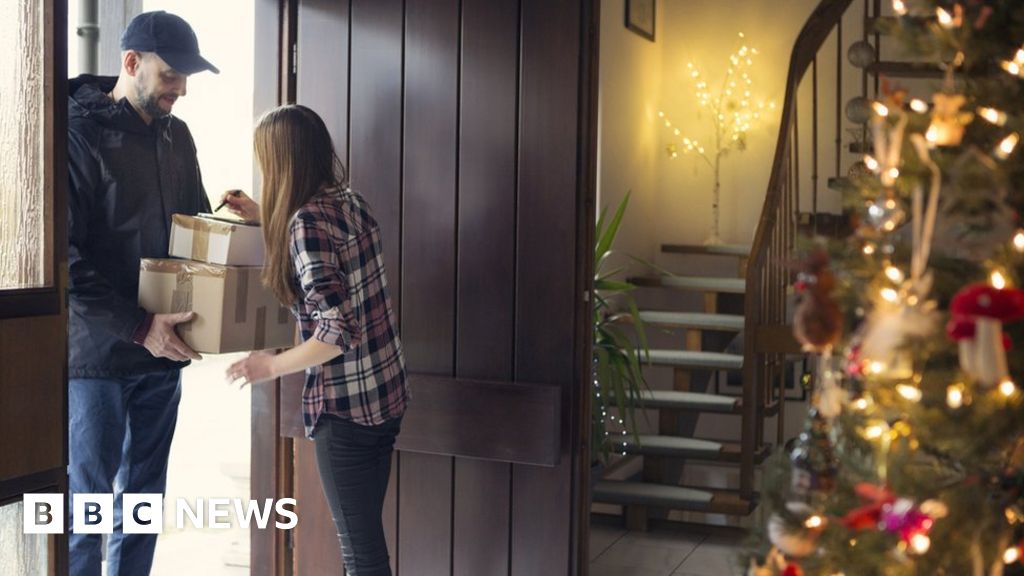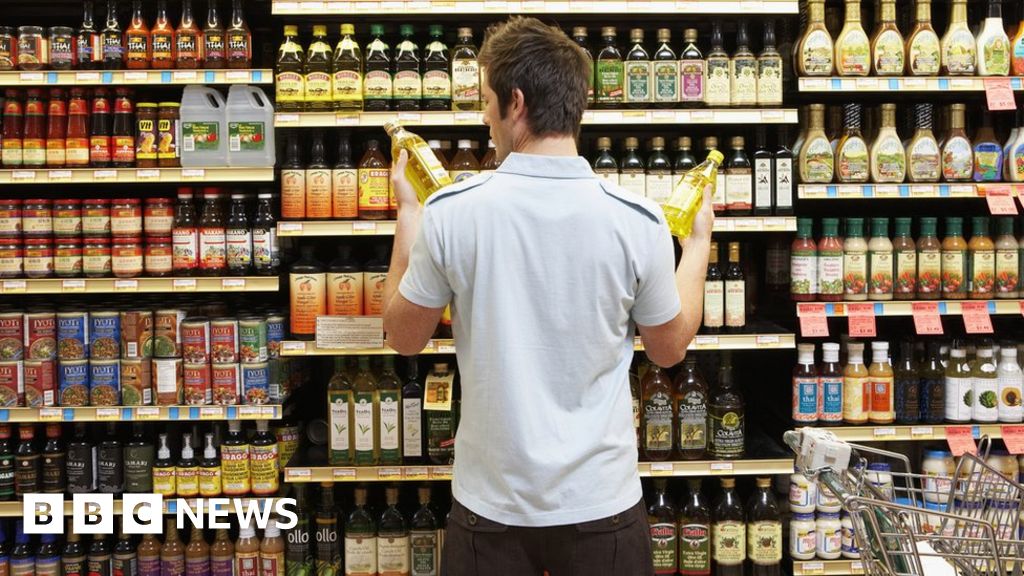 Image copyright
PA Media
Image copyright
PA Media
Train companies will try to manage passenger flows by warning people if a particular service is busy.
Some modern trains, like those running on Southeastern and on Govia Thameslink can monitor the weight load in carriages, allowing them to estimate the number of people on board.
South Eastern plans to share the data with passengers so they can avoid a specific train.
Rail passenger numbers are now back to about one third of pre-pandemic levels.
The number of services will be increased in England and Wales on 7 September to ease overcrowding when most schools return. The same happened in Scotland earlier this month.
The rail industry and government have a delicate balance to strike.
For financial reasons they want more people to travel by train because during the pandemic the government has been covering the huge losses from running the railways when ticket revenue is exceptionally low.
However, ministers are also aware of the potential risk to public health if passenger numbers increase significantly.
A study published this month by the Rail Safety Standards Board found that the risk of infection during an average journey on an Azuma model of train was low.
It calculated that there would be "one infection for more than 11,000", when passengers do not wear face coverings.
The predicted risk fell to "one infection for more than 19,000", when face coverings are worn.
It is compulsory to wear a face covering on public transport in all parts of the UK.
'Gradual increase'
Modern trains also have good ventilation systems which should also mitigate the risk of the virus spreading.
The Rail Delivery Group, which represents train operators and Network Rail, says four out of five trains in Britain replace all the air on board every six minutes.
But with many employers saying they have no immediate plans for people to return en masse to the office, the rail industry isn't expecting a sudden spike in passenger numbers.
"The expectation is that the gradual increase we've had should continue," said one insider.
What happens beyond the next few weeks "is not certain at all", they added.
The balance between the risk to public health and the financial burden on the taxpayer of covering the railways' running costs provides a complex backdrop to negotiations which are ongoing between the Department for Transport and train companies.
Emergency contracts, drawn-up at the height of the pandemic, are due to expire on the 15 September.
The complex "franchise" contracts which were in place in most parts of the country before the pandemic have gone for good.
Simpler contracts whereby the government has to cover any losses are expected to replace them.
Image copyright Getty ImagesHowever, under the these "management contracts", train companies would not necessarily make more money, if passenger numbers rose beyond expectations.
Under franchising the financial risk generally lay with the train companies.
Under this new type of system, that risk would sit with the government.
But the exact terms of the new deals still needs to be worked out.
If deals can't be reached then services on more railways might have to be run by public companies.
Operators want reassurances from government that at some point in the not-too-distant future, paying-passengers will return in larger numbers.
But that will depend on whether the virus remains under control.

 5 years ago
897
5 years ago
897 

